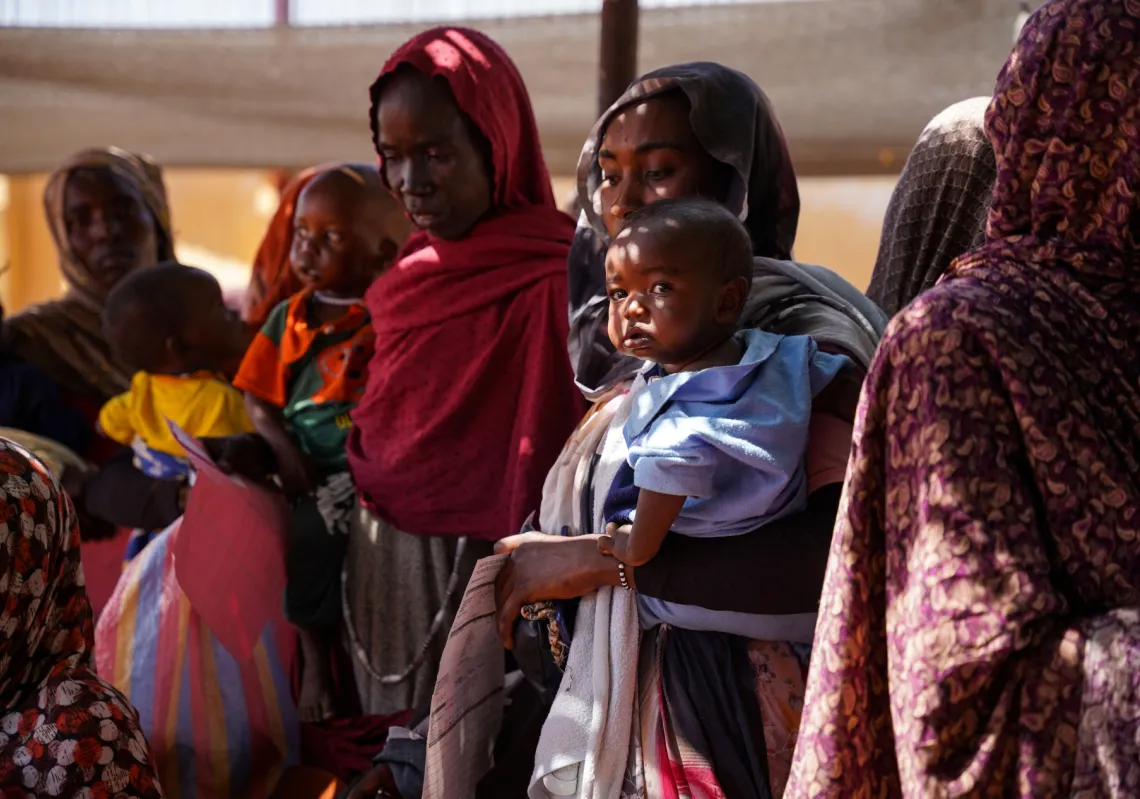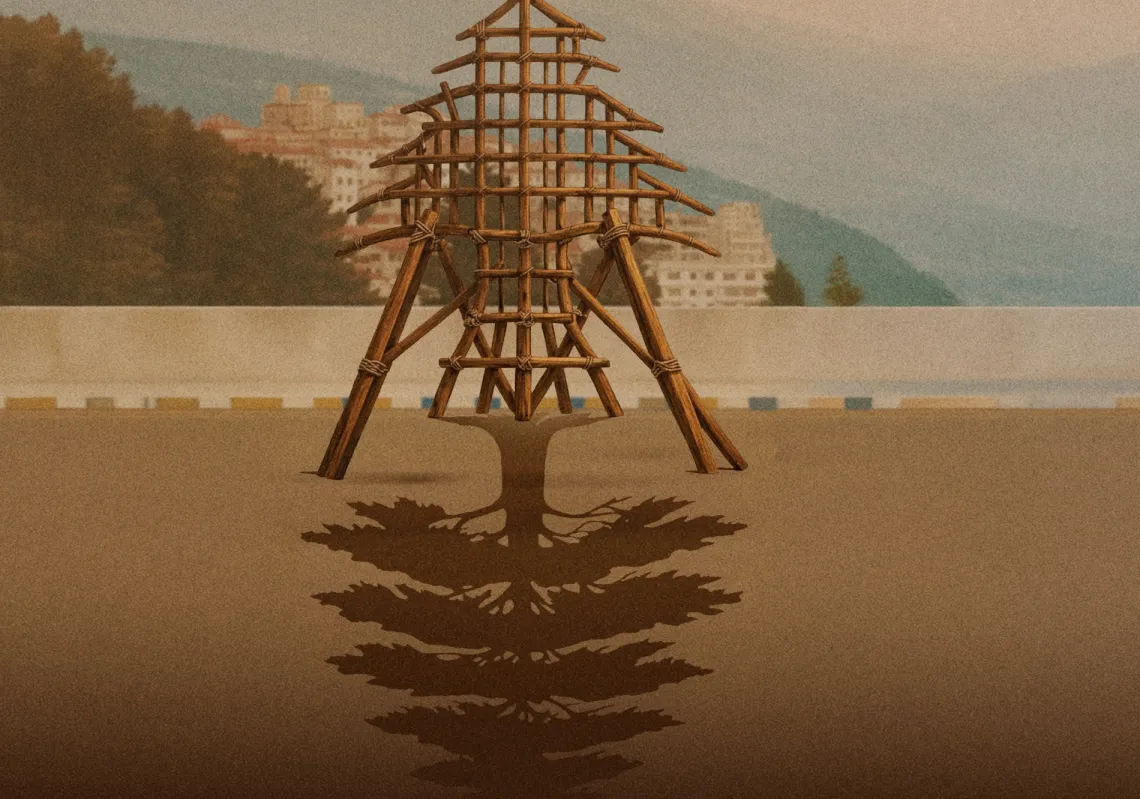In major western research institutions, many of those who track the situation in Pakistan believe that this country is doomed to fall sooner or later. Naturally, the evidence they present is extensive, complex and can not be underestimated.
Since Pakistan was separated from British India in response to the political and personal aspirations of Mohammed Ali Jinnah, it has never enjoyed security and stability. In other words, since 1947, Pakistan's history has been overshadowed by images of conflict, unrest, coups and conspiracies along with the poverty, ignorance, backwardness and extremism. When reading the history of Pakistan, we will only find civilians conspiring against each other, conservatives trying to exclude secularists, Sindhs competing with Punjabis for public office, and illiterate tribal people expanding at the expense of the educated townspeople.
However, the biggest player in all cases has always been the army, in particular the Pakistan's Inter-Services Intelligence, known as: ISI. The institution's different branches hold the reins of power, even when civilians are said to be in control. The army has the final word in domestic and foreign policies which determine the name of the country's president, his prime minister, and possibly members of the government as well. Therefore, it is not strange that the best eras in the history of modern Pakistan in terms of stability and development were those periods during which the army generals directly took reins of government.
Exceptions include the short era of General Yahya Khan that witnessed the war of Bengal and the separation of what was then Eastern Pakistan, and the era of General Zia ul-Haq, which came in a time of the special regional developments of the situation in neighboring Afghanistan after the Soviet invasion of the latter in 1978. For example, the administrations of General Iskandar Mirza and General Muhammad Ayub Khan, and to some extent under General Pervez Musharraf's rule, were generally times of relative prosperity and security.
Pakistan has been able through a strategic alliance with the West and through presenting itself as a necessary ally during the Cold War and the War on Terror, to gain significant military support and development aid from the United States and the West. This provided Pakistan with a temporary guarantee against economic bankruptcy and public treasury deficits.
The Pakistani army, was afflicted with much shame due to its humiliating defeat in the Bengal war in 1971, and the subsequent chaos which tarnished the image of its cadres and elements and distorted the high profile of the army as one of the most efficient and most disciplined armies in the Middle East. It had this reputation thanks to the British colonization of the Indian Subcontinent. In fact, the Pakistani army became one of the most influential regional armies in terms of intelligence capabilities thanks to the West, which provided the Pakistani army during the Cold War with advanced systems and aid and training programs. The deterioration which the army witnessed resulted from the former dictator President Zia ul-Haq's domestic initiatives- as he tried to Islamize all aspects of life in the country including the army, during the "black" years of his rule.
The period of President Zia ul-Haq’s rule also witnessed the spread of what is known as a culture of "Kalashnikov" in Pakistani society; a result of the Jihadist war in Afghanistan. This culture had serious repercussions on the overall situation of the military whose systems were penetrated by extremist elements. The image of the army gradually deteriorated from an army whose elements were keen on discipline, obedience, loyalty, hygiene, ethics and appearance, to an army mainly composed of bearded, illiterate, rural and tribal people. Images of brilliant faces, polished shoes and belts, and endless ambitions of self-improvement disappeared.
Despite all of this deterioration and the unprecedented aggressive strikes received by the General Headquarters of the Army in Rowalbandi on 11 October 2009, launched by elements of Taliban/ Pakistan militias and even by Talibani elements who came over from the province of Punjab, traditionally known to have provided the army with half of its soldiers and officers, the army is still the absolute master in the country. Politicians and civilian lawmakers cannot violate or disobey the army's orders.
Otherwise, the military tanks are ready to at dawn and seize power using this or that excuse. In fact, this has occurred more than four times with the pretext of protecting Pakistan from corrupt civilian politicians or of safeguarding the country against the aspirations of the enemy (India). Of course, this army is now taking on Western fears about the prospects for the fall of the Pakistani nuclear arsenal in the hands of extremist elements and groups as a way to reinforce its position internally and gain aid externally. This is considered the only hope for maintaining and protecting Pakistan's nuclear force, which, if it falls into the hands of Taliban and their supporters from al-Qaeda terrorist organization, will mark the beginning of a black dark era in the history of mankind.
From the very beginning, the process of establishing the Pakistani image has taken the wrong path in the sense that it overlooked the process of establishing the principle of military subordination to civilians, and not vice versa (like what Jawaharlal Nehru and his fellow leaders of independence did in neighbouring India). Since then, doubts were instilled in many, whether or not it was the way intended by Mohammed Ali Jinnah, the country's founder. When Jinnah died, there were a growing number of complications, only one year after the establishment of the country. Power was assumed by successors who lacked experience, charisma, political savvy and historical legitimacy.
An additional factor that paved the way for the fall of Pakistan under the heat of disagreement. It also hindered an established democratic experience supported by secular foundations in a way that was hoped for by the founding leader Mohammed This factor was the transfer of extremist Islamic groups, forces and parties, represented by symbols of Diubandi schools and supporters of Abu Al-Aala Al-Maudoudi (the theorist of the Muslim Brotherhood) from India to Pakistan accompanied by Jinnah. After the death of the latter, they played a destructive role against the concept of the modern civil State, founded on the principles of democracy, secularization and federal unity.
Dr. Abdullah Al-Madani -
Researcher and academic lecturer in Asian Affairs from Bahrain







